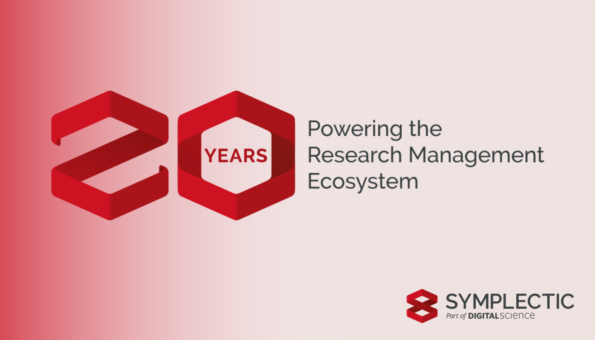Karolinska Institutet: Transforming Research Visibility and Accessibility
Karolinska Institutet (KI), a globally recognized medical university, has revolutionized how it manages and shares research information by adopting an integrated solution powered by Symplectic Elements and Figshar, in support of its 2030 Vision.
Read more






